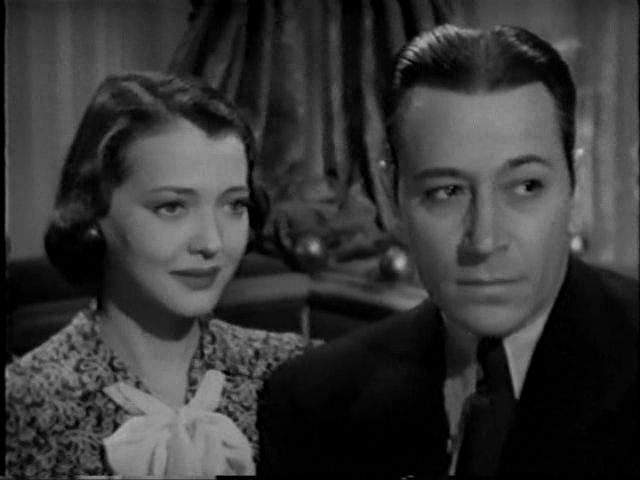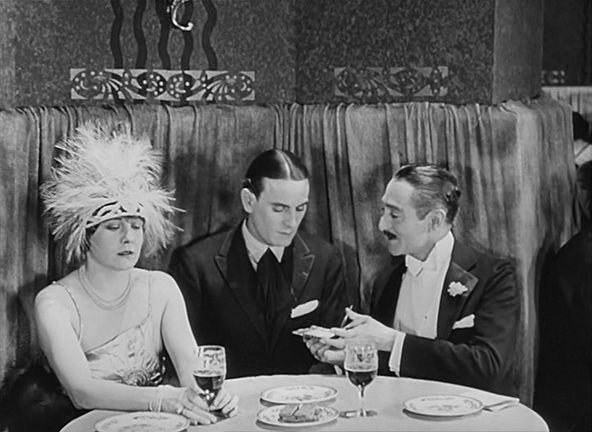
This spring, anybody wanting to see the works of auteur filmmakers has been well served by the city’s repertory houses –we’ve got Scorsese and Walsh playing now at BAM, Hitchcock and Truffaut at Film Forum, a Jim Jarmusch retrospective coming up at Lincoln Center and even a new Wes Anderson release. Still, if it’s edifying to see ideas, themes, and techniques develop through different films by a single director, it’s also great fun to see our preconceived notions of a director be blown up by an outlier in the canon.
To this end, Anthology is hosting the series, “Auteurs Gone Wild,” for which they’ve selected the strangest, most anomalous films of some of Hollywood’s greatest directors.
 Frank Capra
Frank CapraWell-known to anyone who’s watched network TV on Christmas, Capra is usually associated with the earnest brand of Americana he developed in “Mr. Smith Goes to Washington” and “It’s a Wonderful Life,” as well as with the Oscar-sweeping screwball comedy “It Happened One Night.” But he also made several films set in China, including “The Bitter Tea of General Yen,” starring Barbara Stanwyck as an American missionary who falls in with a Chinese warlord and begins to question her values. The movie has the distinction of being the first film to play at Radio City Music Hall until it was yanked from the theater due to a racist backlash against the film’s interracial romance.
 Fritz Lang
Fritz LangLang is probably best known for the incredibly influential films he made before leaving Germany, such as the impressionistic sci-fi “Metropolis” and the chilling “M,” though he remained an important director in his American years, producing uncompromising, psychologically rich film noir. Several images from his films are burned into my consciousness forever – the skittering, searching eyes of Peter Lorre as the child molester in “M” and Lee Marvin smashing a pot of hot coffee across the face of Gloria Grahame in “The Big Heat.” If there’s a common thread there, it’s the total lack of humor, so Lang’s 1938 romantic comedy “You and Me” is a striking departure. Lang incorporated Brechtian elements along with the classic trappings of screwball comedy, using humor to question capitalist values.
 Charlie Chaplin
Charlie ChaplinChaplin is still celebrated today, but it’s hard to overstate just how popular he was at the height of his fame. With his instantly recognizable Little Tramp outfit, his films made him one of the first truly international celebrities and audiences clamored to see the character in dozens of shorts and classic features like “The Gold Rush” and “City Lights.” This comedic fame worked against him when in 1923 he released “A Woman of Paris,” a drama that he wrote and directed but did not star in. Critics lauded Chaplin for his social realism and compared him to literary giants such as Hardy and Ibsen, but audiences were angry when the Little Tramp never made an appearance. The film’s failure caused Chaplin to return to the Tramp character for years more and he didn’t attempt another drama until much later in his career.
The series runs from the 20th to the 30th at Anthology and also includes films by Alfred Hitchcock, Henry Hathaway, George Cukor, Ernest Lubitsch, and Josef von Sternberg.